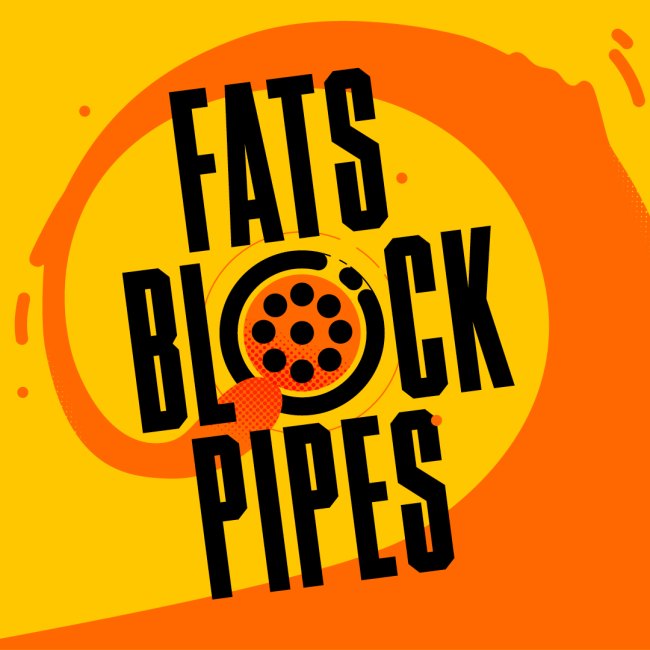News
Don’t create a Turkeyberg this Christmas, public urged
A new campaign is calling on the British public to be mindful as they indulge over the festive period and avoid pouring turkey fat, gravy and other leftovers down the sink.
The average Brit consumes around 6,000 calories on Christmas day alone including turkey, roast potatoes and mince pies. This yuletide feast creates a huge amount of waste which can cause huge environmental problems if poured down the plughole.
The Christmas #BinIt4Beaches Fats, Oils and Grease campaign is calling on people to make sure they put leftovers into their food waste or bin and avoid blocking up the nation’s drains and sewers.
There are approximately 300,000 sewer blockages annually, in part caused by domestic fats, oils and greases, costing the country £100 million. Thousands of properties suffer sewer flooding caused by these blockages every year in the UK, creating misery for homeowners and businesses and leading to high clean-up bills and increased insurance costs. Sewer flooding also has a major impact on the environment.
The festive initiative is part of Love Water, a major campaign involving more than 40 environmental groups, charities, water companies and regulators, aimed at getting the British public involved in safeguarding water resources for future generations.
Pouring waste liquids down the sink may seem like the obvious way to dispose of leftover fat, meat juices and food scraps but doing this is harmful to the environment. Even if you pour hot water and washing up liquid in afterwards, fats, oils and grease can quickly set hard in cold pipes and if mixed with other unflushable items such as wet wipes and sanitary products, can create a fatberg.
But avoiding a Turkeyberg this Christmas is really simple and need not take up much time with these easy steps:
- Scrape or pour leftover fat from roasting trays and pans into a heat resistant container then it can be reused or bin it once cooled
- Wipe out grease left in pans with kitchen roll before washing
- Use a sink strainer to catch any greasy food scraps
Rae Stewart, Water UK director of corporate affairs, said:
“We all know we tend to buy a little bit too much food over Christmas, and that means there can be lots of leftovers. But scraping leftovers down the sink or pouring fat or grease down the plug hole cause huge problems by blocking pipes and sewers and causing pollution in rivers and on beaches.
“Water quality in our rivers is now better than at any time since the start of the Industrial Revolution, and beaches keep getting cleaner. A great New Year’s resolution we could all agree to is to protect our environment by keeping our rivers and beaches clean. And we can all start early by keeping drains clear this Christmas - and not create a Turkeyberg.”
Dr Pete Fox from the Environment Agency said:
“With millions of people cooking a traditional roast dinner and other festive food for friends and family on Christmas Day, there is a real risk of blocked pipes and environmental incidents due to the build-up of fatbergs in our sewers.
“When fatbergs form in the sewerage pipes they stop the waste water reaching the treatment works as intended. This means the risk of sewage spilling out into homes, streets, rivers and seas is substantially increased.”
BinIt4Beaches, which is part of the Love Water coalition, is a group of organisations including Defra, Environment Agency, Marine Conservation Society, Keep Britain Tidy, Surfers Against Sewage, water companies, local authorities and others working to raise the importance of protecting and improving bathing water quality and beaches.
ENDS
For more information please contact the Water UK communications team on 020 7344 1805 or [email protected]




